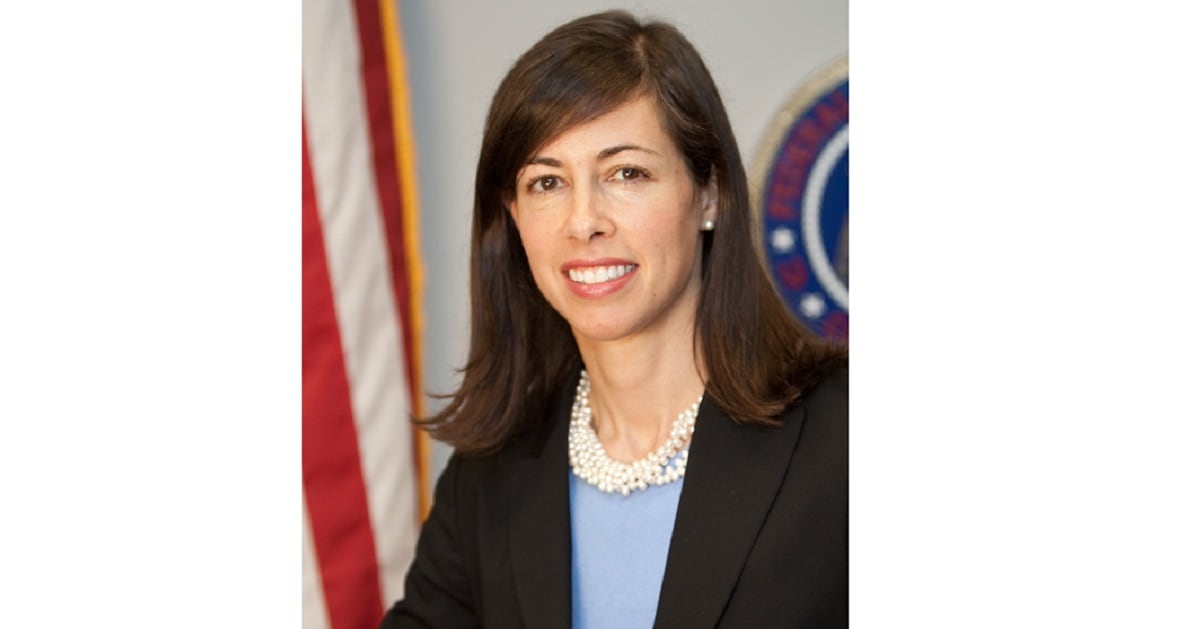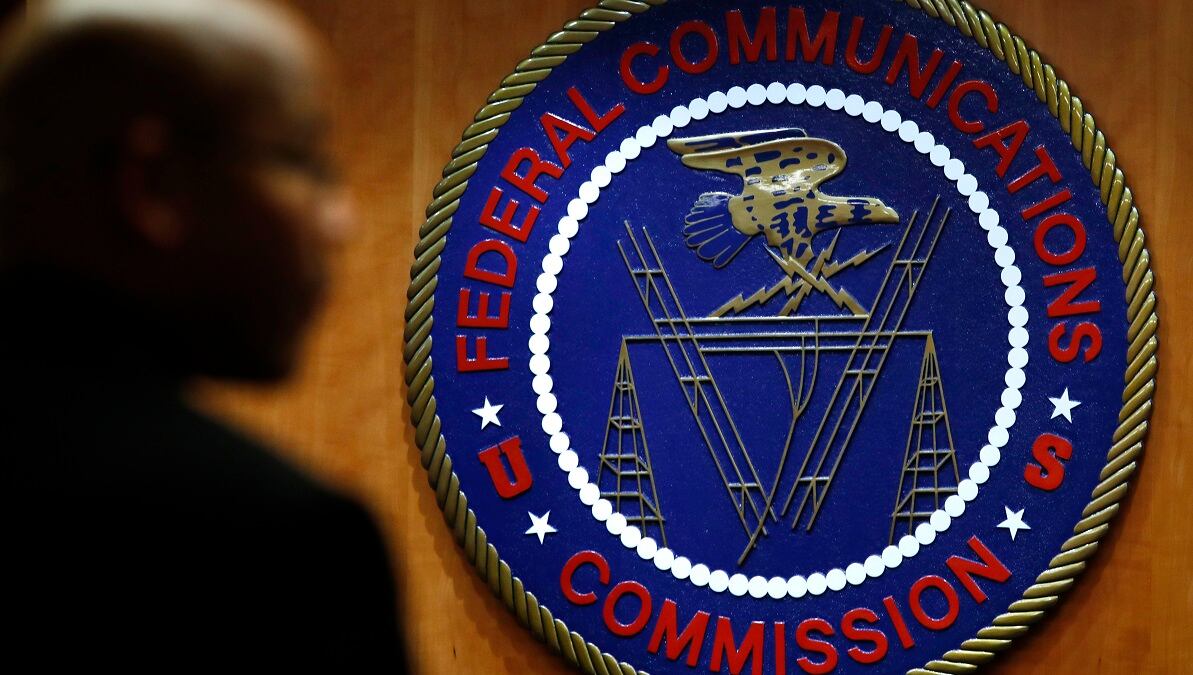Editor’s note: The following is an opinion piece. The writer is not employed by Military Times and the views expressed here do not necessarily represent those of Military Times or its editorial staff.
We owe thanks to those who have honored our nation with service in the military. They have made sacrifices at home, with their families and on the battlefield. But more than gratitude, we owe those who wore the uniform policies that ensure that when they return to civilian life, opportunities await.
Unfortunately, by this measure, the Federal Communications Commission is coming up short. Last year, the agency unveiled a plan to make cuts to Lifeline, a program that helps 1.3 million veterans afford telephone and broadband service.
This is not right. To understand why, let’s back up to 1985.
That’s when the Lifeline program got its start. President Ronald Reagan was sworn in for a second term. Telephones required a cord and a jack in the wall. To ensure everyone had the ability to make and receive calls for job opportunities, health care, and help in an emergency, the FCC set up a program to support the cost of communications service for low-income households.
For many years, the Lifeline program operated without substantial changes. Then, in the aftermath of Hurricane Katrina, the FCC modernized it to reflect the growth of wireless calling. As a result, the program now offers households with a choice of either wired or wireless service.
Later, at the urging of Sen. Richard Blumenthal, the FCC expanded the program to cover veterans or their survivors who participate in the Veterans Pension. While nothing precluded veterans from participating in the Lifeline program before, this change was an effort to do more to help former service members and their families in need.
Fast forward to last year. That’s when the FCC announced plans to slash the Lifeline program. Citing concerns about waste, it proposed cutting 70 percent of participants from the program.
RELATED

This is a drastic reduction. It will mean veterans cut off from communications service in every state — and the numbers are big, including tens of thousands in Georgia, Illinois and Texas.
Moreover, there are efforts underway to expand telehealth services to more veterans — and cutting the Lifeline program like this will not help. After all, everything from booking appointments to receiving diagnose via video chat requires access to communications service.
It is important to address concerns about waste in any government program, Lifeline included. This is why the FCC should be putting in place a verification system to take enrollment decisions out of the hands of those that could abuse the program. It should be fining and kicking out any carrier that fails to follow program rules.
But it is also important to ensure that every veteran can connect and build a new life when his or her service comes to an end. Having access to communications is an essential tool to make that happen. That’s why everyone from the AARP to the National Association of American Veterans have expressed concern with the agency’s plan to dismantle this program.
Before the FCC proceeds with its plans to gut the Lifeline program, it needs to reconsider its proposed reforms. The agency owes veterans a better way forward that does not cut them off from the communications they need.

Jessica Rosenworcel is a Democratic commissioner on the Federal Communications Commission. Follow her on Twitter: @JRosenworcel.









